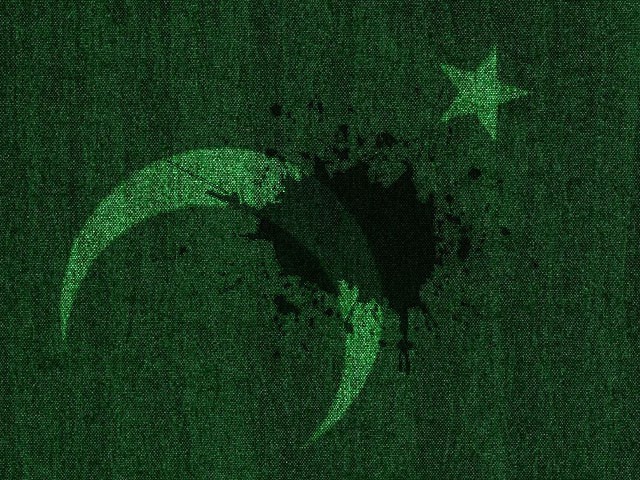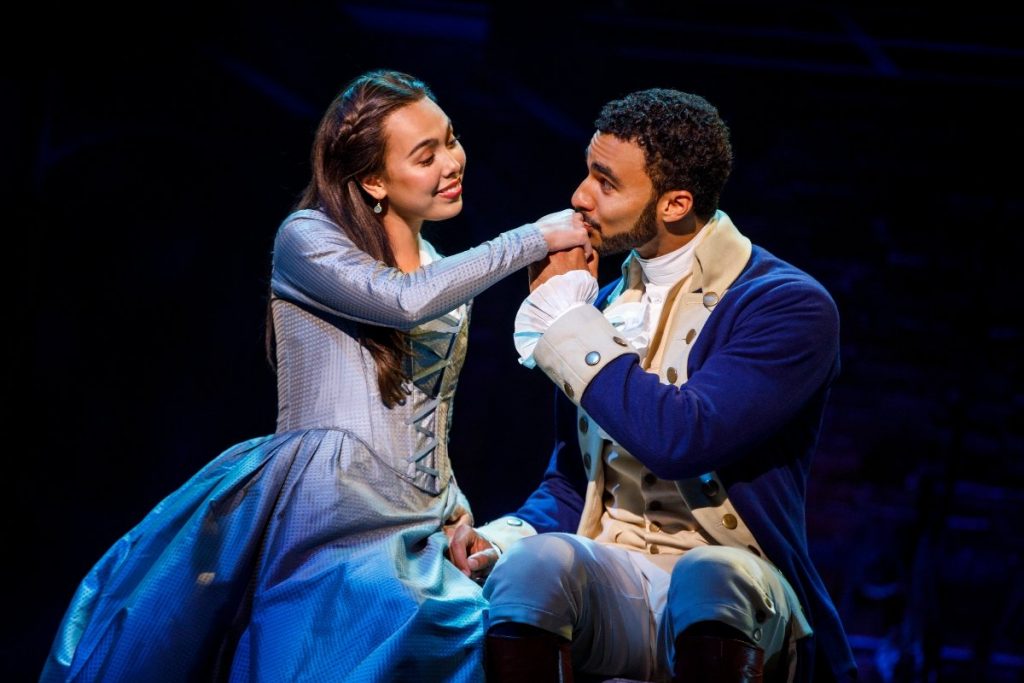
I’ve been putting this one off for quite some time. I guess because I don’t know where to start or where to end, or even if there is a real “end” to this blog. There was a lot to take in.
From the beginning, it felt very eerie walking around the prison, like we weren’t supposed to be there. This made me uncomfortable, but I realized it was probably supposed to feel unwelcome. The prisoners probably always feel unwelcome in what is essentially their own home. Everything from the floor to the ceiling was a whiteish gray with chips and stains on the paint that reminded you how much our country cares about its prisoners. The walls were decorated with signs that directed where the “inmates” could and couldn’t go. I learned to hate that term, “inmate.” It feels so impersonal… not that the term “prisoner” doesn’t. At least a “prisoner” is being acknowledged as imprisoned person, which could be for a lot of reasons. Martin Luther King Jr. was imprisoned. Plenty of people are imprisoned for incredibly unjust reasons and become prisoners. But “inmate…” I’m not sure what that even means. I know it doesn’t feel like a person though. I suppose I’ll use the term prisoner— even though it still doesn’t feel right to me, either.
The prisoners were spending time out in the yard when we arrived. Some sitting and talking, some getting in exercise, but all of them aware of us. You could feel their interest and curiosity about our visit in their eyes constantly glued to us. If you looked at someone, they would instantly smile at you and say hello, ask you how your day is going, or advise you never to end up in a place like this. The prisoners were the brightest thing in the prison, which I will further explain later.
The smell of the dinning hall hits you as soon as you walk through its doors. It overpowers any appetite that you previously had. I wonder how the prisoners deal with it each day. Do they eventually get used to it, or does the odor always haunt them? The tables were made of a silver metal with four seats around and no back support. I wonder if that causes back problems after a while.
As we walk around the psych unit, I am haunted by my first cage. I’m sure it has a proper term, but I will refer to it as a cage as that is most literally what it is. Four walls, you can’t extend your arms to your sides, and I could touch the ceiling without fully extending my arm and I am only 5’4. I guess they put some psych patients in that cage when they’re acting up. I never saw anyone in the cage, but I pictured it in my mind—a fully grown man shoved into a cage like cattle.
The (currently inhabited) cells we entered may have been the most impactful. The mattresses of the beds were a sort of (really) worn-down leather material, and the room was so tiny that again you couldn’t really stand beside your bed and extend your arms to your sides without hitting the wall. The wall was beautiful. Run down, of course, and aesthetically ugly, but decorated with drawings and notes from prisoners past. In one of the cells, there was one truly captivating painting by a prisoner that depicted a cross, Jesus, and a vivid mural stemming from his head. Other than the art, there was also poetry. It described feeling trapped, physically and mentally, and being unable to escape. It is depressingly amazing how the daily abuse of the prison system can create such intricate, soulful artwork. At one point they shut the massive metal doors of the cell with me inside. The slam of that door immediately sent my brain to a dark place. The room seemed ten times smaller. I would never know what it was really like to live in this cell, but I wonder what it was like to hear that door slam every night.
It was after entering the cells that I began to feel numb. I was struck by so many emotions and fears that I think they all just turned off at once. I couldn’t do anything but sit in the common area and stare into space. When we walked into the yard, I couldn’t help but look at the prisoners and wonder how they didn’t all go crazy. However, this is where I first saw their light. Every single prisoner I passed gave me such a warm smile and wanted to talk to me. They seemed so happy to see us, regardless of their circumstances. I am not sure if they were really happy to see us or not, but seeing them so curious and inviting brought so much light into the dark prison. They are people too, and maybe having arbitrary contact with us on the outside is an exciting part of the day. For me, my guilt makes me feel like an insensitive scientist, examining animals in cages at work and then being able to leave to my nice life at the end of the day while my rabbit stays in its cage. I hope that the prisoners inside continue to experience small curiosities in their days as when we visited until one day when they are finally free.










